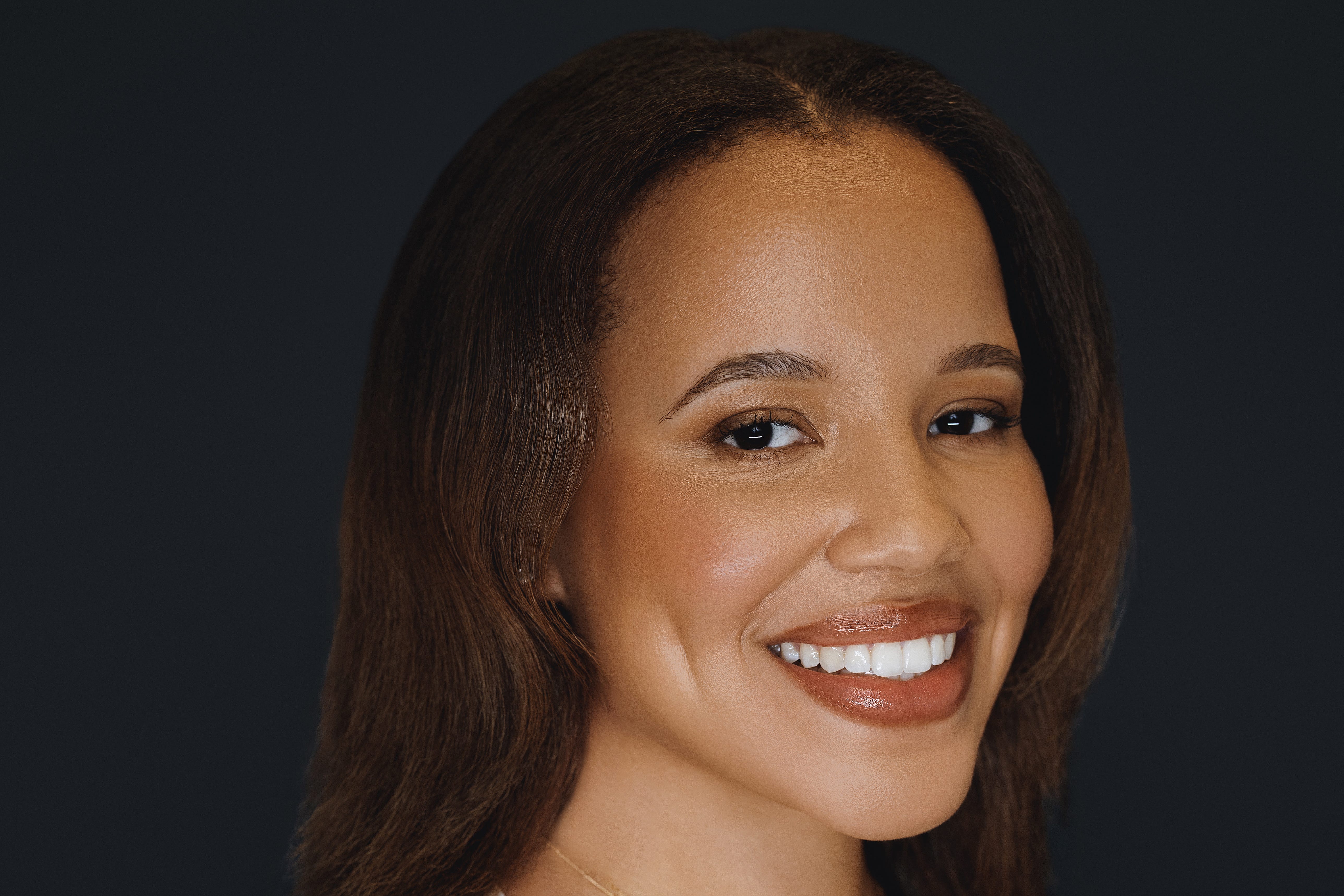
Kendall Rankin
This as-told-to essay is based on a conversation with Kendall Rankin, a 30-year-old community and operations manager at an AI startup based in the San Francisco Bay Area. It’s been edited for length and clarity.
When I worked at LinkedIn, it was uncommon for me to see people stay at the office past 5 p.m. At the startup I’m working for now, an eight-hour day of hard work is just the baseline.
Although I felt comfortable and taken care of at LinkedIn, when the excitement of working for a big-name company like LinkedIn wore off, I realized I wasn’t learning, growing, and hustling the way I wanted to, so I quit.
Now that I’m working for an early-stage startup, every day is exciting, but it’s not easy. I don’t think that startup life is for everyone, but I know what I signed up for, and it works for me right now.
LinkedIn really emphasized relationship-building and work-life balance
I started working at LinkedIn after graduating from college in 2018 as part of its Business Leadership Program, an 18-month program that allowed me to work in sales, customer service, operations, talent acquisition, and more. I later transitioned into a full-time customer success analyst role, which I stayed in until 2021 before quitting to work for a nonprofit and later attend business school.
LinkedIn strongly emphasized relationships, and I felt encouraged by higher-ups to grab coffee with coworkers, have lunch with people, and take time away from my desk to be present with others.
I typically got to the Chicago office around 8:30 or 9 a.m. and would leave around 4 or 4:30 p.m. When we switched to remote work in 2020, there was even more flexibility. Without all the in-person relationship-building and lunch or coffee breaks that LinkedIn allotted time for, my work would be complete in four to six hours.
The perks slowly turned into golden handcuffs
We had all the common tech perks like free meals, a great 401(k) match, a wellness fund, and stocks. I felt very comfortable, and it was great to come right out of college and feel so taken care of.
But as time passed, I started to feel limited. I realized my scope of work was narrow and felt redundant at times, and I felt disconnected from the full picture of how the business operated.
I also felt like the rate of upward mobility and salary increase was slower than I wanted, and I found myself asking, “What’s next?” I realized my 20s were the time to take risks. I quit and later attended business school at the Wharton School of the University of Pennsylvania in the hopes of pivoting to work for an early-stage startup.
Startup life is risky and exciting
After graduating with an MBA in May 2024, I got hired as a community and operations manager at an AI music-making service. We’re a scrappy team of about a dozen operating five days a week out of an office in the Bay Area. I do everything from retention marketing to partnerships to content, but I learn something new every day.
I feel excited to come into the office every day because I’m working on a product I believe in with people who are equally as excited. There’s this feeling in the air that we’re on the precipice of something huge. Sure, startups are risky and unpredictable, but the excitement of it all keeps me going on days when it gets challenging.
I don’t think startups are for everyone
My job requires me to constantly switch between my creative and engineering brains, make split-second decisions, and pivot quickly, which can be mentally draining. There’s so much work to be done so quickly that I’m not able to go as deep as I’d like on any one thing.
The four-to-six-hour days I worked at LinkedIn would not fly here. I work hard from 10 a.m. to 6:30 p.m., but it’s not uncommon to stay late and work weekends. I maintain healthy boundaries by keeping my work in the office and using my home as a space to decompress.
Having a Big Tech company on my résumé helped me earn more at a startup
My base pay is about double what it was at LinkedIn, and I have great medical, dental, and vision benefits. The only thing I don’t currently have is a 401(k) match. There’s a misconception that startups don’t pay well, but I think the good ones are willing to invest in you if they believe you will provide value.
For now, I love the small-team, fast-paced dynamic of startups, and I see myself pursuing entrepreneurship of some kind in the future.
Although I’ve learned that working for a startup is better for me, I can’t discredit the value that having a Big Tech credit on my résumé did for me in terms of opening up the door for future opportunities and giving me a stamp of credibility.
Do you have a story to tell about quitting Big Tech to work for a startup? If so, please reach out to this reporter at [email protected].
The post I quit the golden handcuffs of Big Tech for an AI startup. It’s not for everyone, but here’s why I know I made the right choice. appeared first on Business Insider.




